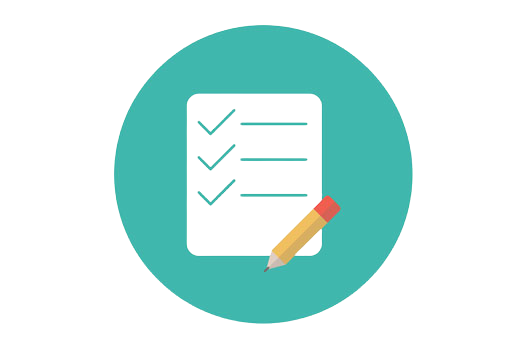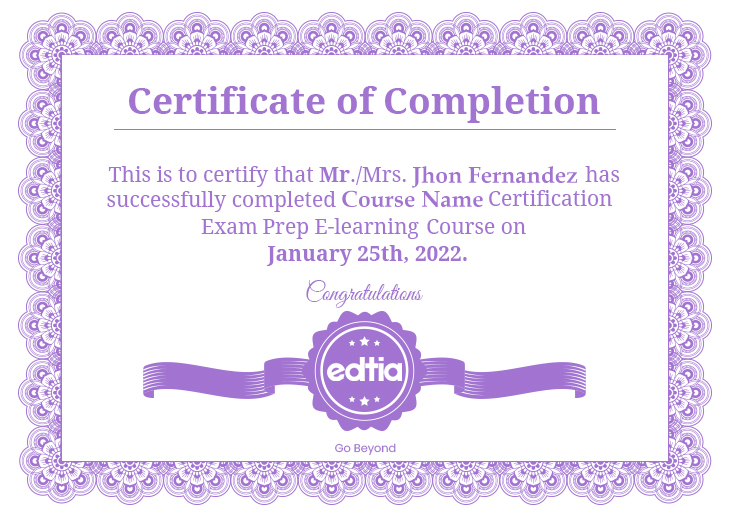Your Shopping Cart

Teradata Training will assist you in becoming a professional in creating Data Warehousing applications. Enroll in EDTIA Teradata Certification Training and master the skills.
Evolve as a specialist in creating Data Warehousing applications using Teradata while working on original use cases and projects. After this training, you can earn TEO-141 and TEO-142 Teradata certifications.
Developers. Designers. Analytics managers. Individual contributors. BI professionals. Subject Matter Experts of analytics. Database Administrators
Teradata provides a market-leading data and analytics platform. For decades, Teradata has been a market leader built from scratch using parallelism. It is used by the world's largest and most competitive organizations to derive insights from their data and make decisions. In addition to its data warehousing platform, Teradata provides an Analytics platform and connectors to integrate seamlessly with Hadoop.\nThe Teradata database management system can be applied in some areas. It can be used for enterprise or active data warehousing and even for customer relationship management in large-scale organizations and MNCs that simultaneously cater to various clients.
Prerequisites for this course include Basic Knowledge of SQL & General relational databases and basic Unix commands.
Developers. Designers. Analytics managers. Individual contributors. BI professionals. Subject Matter Experts of analytics. Database Administrators.
The career outlook for Teradata engineers is excellent in the future as Data is increasing day by day in large organizations and small businesses. To maintain this, prominent data specialists are required.
It is used in many top-rated companies where vast amounts of data need to be stored. The world's most extensive database systems use Teradata. Only a few top-rated companies use it in India, so fewer job opportunities exist. It is expected to grow in the future.
Teradata is a relational database management system known due to some of its vast and valuable features that are best enough to be considered for several tasks related to the data.
In this module, you will understand basic relational concepts and overview of Teradata such as its History, Comparison with other RDBMS, Architecture, Components (PE, BYNET, AMP), Interaction between components, Storage and Retrieval architecture, Connectivity with Mainframe and advanced architecture.
In this module, you will learn about various indexing concepts in Teradata and how they affect storage and retrieval of data. You will understand the importance of Primary index and how it affects the storage of data, Use of secondary and Partition Primary index in fast retrieving data. You will also learn the hashing algorithm in detail and various join strategies used by Teradata to join tables.
In this module, you will learn about SQL commands used in Teradata. You will learn to create/alter/drop database objects and perform various SQL operations on the data stored in Teradata tables.
In this module, you will learn about various data protection mechanism provided in Teradata. You will learn how AMP failure, Node failure, Transaction failure and Disk failures are handled.
In this module, you will learn more about SQL Commands in Teradata. You will learn how to use sub queries, using OLAP functions, Transaction modes and temporary tables. You will learn to understand Explain statement and collect statistics.
In this modules, you will learn about additional database objects such as views, Macros, Stored Procedure and Join Index. You will also explore common performance tuning options.
In this module, you will learn about some of the Application utilities provided by Teradata. You will learn how FastLoad and MultiLoad are used to import data into Teradata. Also, you will understand using BTEQ to submit SQL queries.
Learn FastExport and TPT utilities
Edtia Support Team is for a lifetime and will be open 24/7 to support you with your questions during and after the Teradata Certification Training.
Teradata is an MPP system, and its capabilities allow us to process a massive amount of data with excellent performance since it works by the concept of nodes (amps), being scalable and offering exceptional reliability in data recovering, tremendous processing managing, data backup, etc.
ANSI SQL - Teradata supports using ANSI SQL to query data housed within the database system. It also helps Teradata extensions that can be used.
The average base salary is $114k/ year.
To better understand the Teradata Certification Training, one must learn as per the curriculum.
Database developers utilize computer software to manage and save data. Their essential duties include defining users' needs, ensuring that information is secure, monitoring database performance, and supplying support.
Teradata is a famous Relational Database Management System (RDBMS) appropriate for big data warehousing applications. It is competent in managing vast volumes of data and is highly scalable.


Every certification training session is followed by a quiz to assess your course learning.

The Mock Tests Are Arranged To Help You Prepare For The Certification Examination.

A lifetime access to LMS is provided where presentations, quizzes, installation guides & class recordings are available.

A 24x7 online support team is available to resolve all your technical queries, through a ticket-based tracking system.

For our learners, we have a community forum that further facilitates learning through peer interaction and knowledge sharing.

Successfully complete your final course project and Edtia will provide you with a completion certification.
A Teradata Certification Training is a certification that demonstrates that the holder has the proficiency and aptitudes needed to work with Teradata.
By enrolling in the Teradata Certification Training and completing the module, you can get the Edtia Teradata Training Certification.
Teradata V2R3, V2R5, Teradata 12, and Teradata 14 Certifications do not expire, and they remain "supported" until the technology has advanced, making the certifications no longer current in the marketplace.
